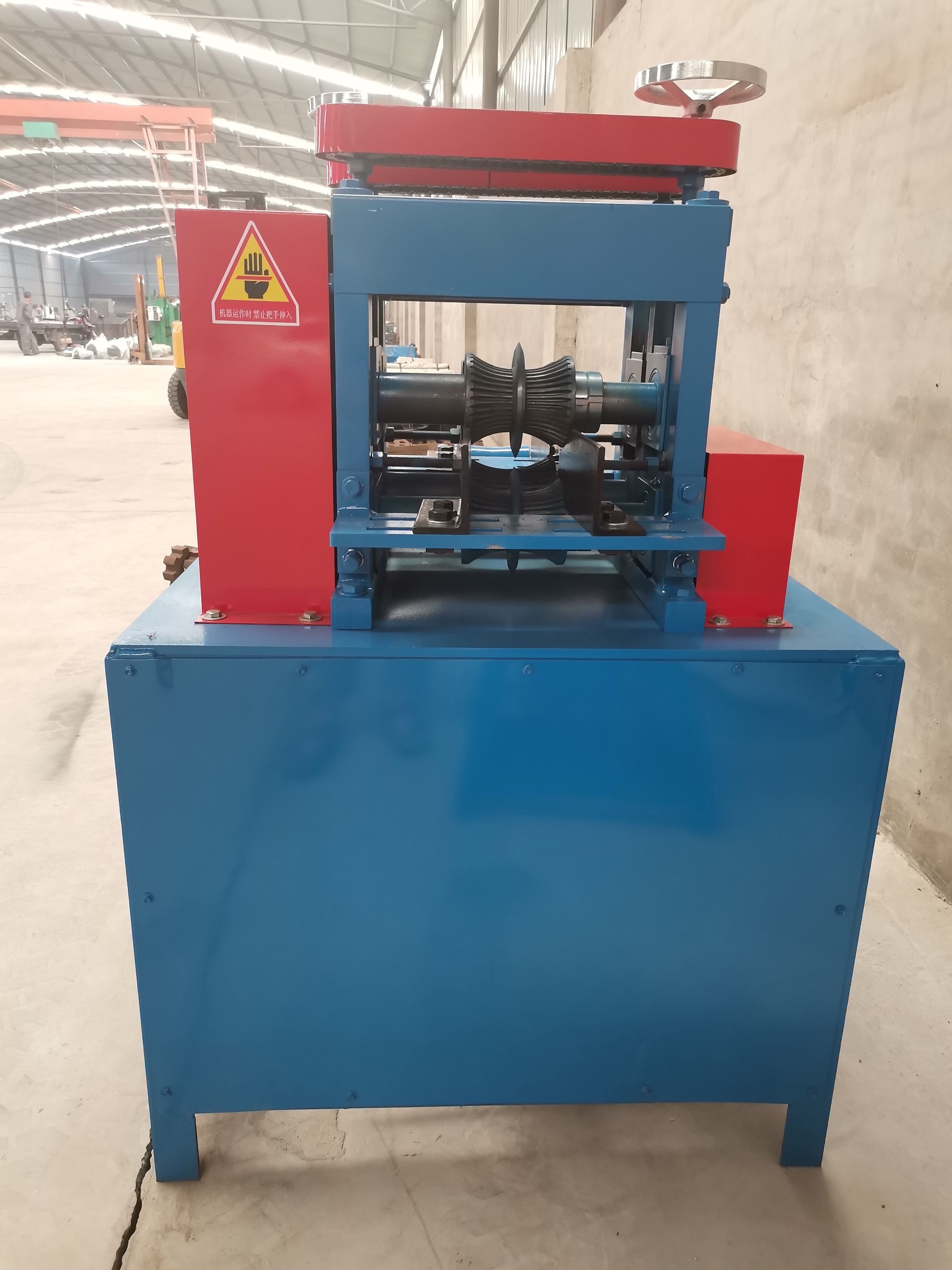

डिस . 04, 2024 22:52 Back to list
The Importance of Steel Shredders in Modern Recycling
In an age where sustainability and responsible waste management have become imperative, the role of steel shredders in the recycling industry cannot be overstated. Steel shredders are powerful machines designed to reduce large volumes of steel scrap into smaller, manageable pieces, facilitating the recycling process. Understanding how these machines operate, their benefits, and their impact on the environment is crucial for grasping their importance in today’s industrial landscape.
How Steel Shredders Work
Steel shredders operate through a combination of powerful motors and sharp blades that can effectively shear, crush, and grind metal into small fragments. The process typically begins with the collection of scrap steel, which can originate from a variety of sources such as old vehicles, construction materials, and industrial waste. Once gathered, the steel is fed into the shredder, where it is shredded into smaller pieces. This shredding process not only makes the material easier to handle and transport but also increases the surface area for subsequent recycling processes.
The shredded steel can then be processed further, often through methods like magnetic separation to remove impurities or sorting into different grades of steel. This enhanced efficiency in processing is crucial for maximizing the recycling of steel, as different types of steel have varying values and applications in manufacturing.
Environmental Benefits
One of the most significant advantages of steel shredders is their contribution to environmental sustainability. Steel is one of the most recycled materials globally, and the use of shredders streamlines this process. Recycling steel requires significantly less energy compared to producing new steel from raw materials. In fact, the recycling of steel can save up to 74% of the energy required to create new steel from iron ore.
Moreover, the use of steel shredders helps divert waste from landfills, reducing the environmental burden associated with waste disposal. By ensuring that scrap metal is properly processed and recycled, we can minimize the extraction of virgin materials, preserving natural resources and reducing greenhouse gas emissions associated with mining and refining.

Economic Impact
Apart from their environmental benefits, steel shredders also play a critical role in the economy. The recycling industry, driven by the processing of materials such as steel, contributes significantly to employment and economic growth. The operation of steel shredders creates jobs not only in the recycling facilities but also in related sectors such as transportation, logistics, and manufacturing.
Furthermore, the use of recycled steel in construction and manufacturing processes leads to cost savings for businesses. Recycled steel is often cheaper than virgin steel, allowing manufacturers to lower costs while promoting sustainable production practices. By enhancing the recycling process, steel shredders thus contribute to a circular economy, where materials are continuously reused, reducing waste and fostering economic resilience.
Challenges and Future Developments
Despite their advantages, the steel shredding industry faces challenges. Concerns around the quality of recycled steel, fluctuating market prices for scrap metal, and the need for technological advancements in shredding processes are ongoing issues. To address these challenges, investments in research and development are essential. Innovations in shredding technology could lead to more efficient machines, improved sorting processes, and enhanced separation techniques, further increasing the quality of recycled steel.
Furthermore, as the global demand for steel increases, the need for an efficient and effective recycling process becomes more pressing. The development of automated systems and advanced processing techniques can help streamline operations, reduce labor costs, and improve recovery rates of recycled steel.
Conclusion
In conclusion, steel shredders are indispensable in the modern recycling landscape, providing both environmental and economic benefits. Their ability to efficiently process scrap steel into high-quality materials for recycling not only helps preserve natural resources but also fosters economic growth and job creation. As we move towards a more sustainable future, the advancement and adoption of steel shredding technology will be crucial in ensuring that recycling continues to play a vital role in our economy and environment. Through enhanced efficiency and innovation, the steel shredding industry can lead the way in promoting a circular economy, where materials are reused and waste is minimized.
Latest news
Troubleshooting Common Eddy Separator Problems
NewsJul.04,2025
The Role of Metal Recycling Plants in Circular Economy
NewsJul.04,2025
The Impact of Recycling Line Pickers on Waste Management Costs
NewsJul.04,2025
Safety Features Every Metal Shredder Should Have
NewsJul.04,2025
How Industrial Shredders Improve Waste Management Systems
NewsJul.04,2025
How Cable Granulators Contribute to Sustainable Recycling
NewsJul.04,2025